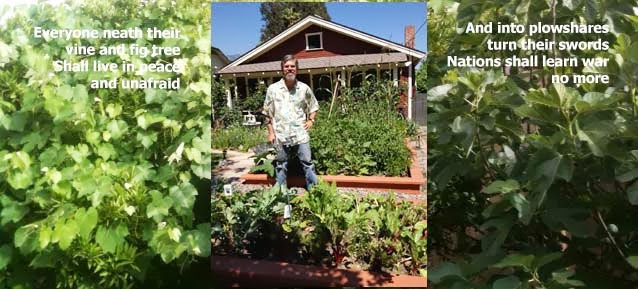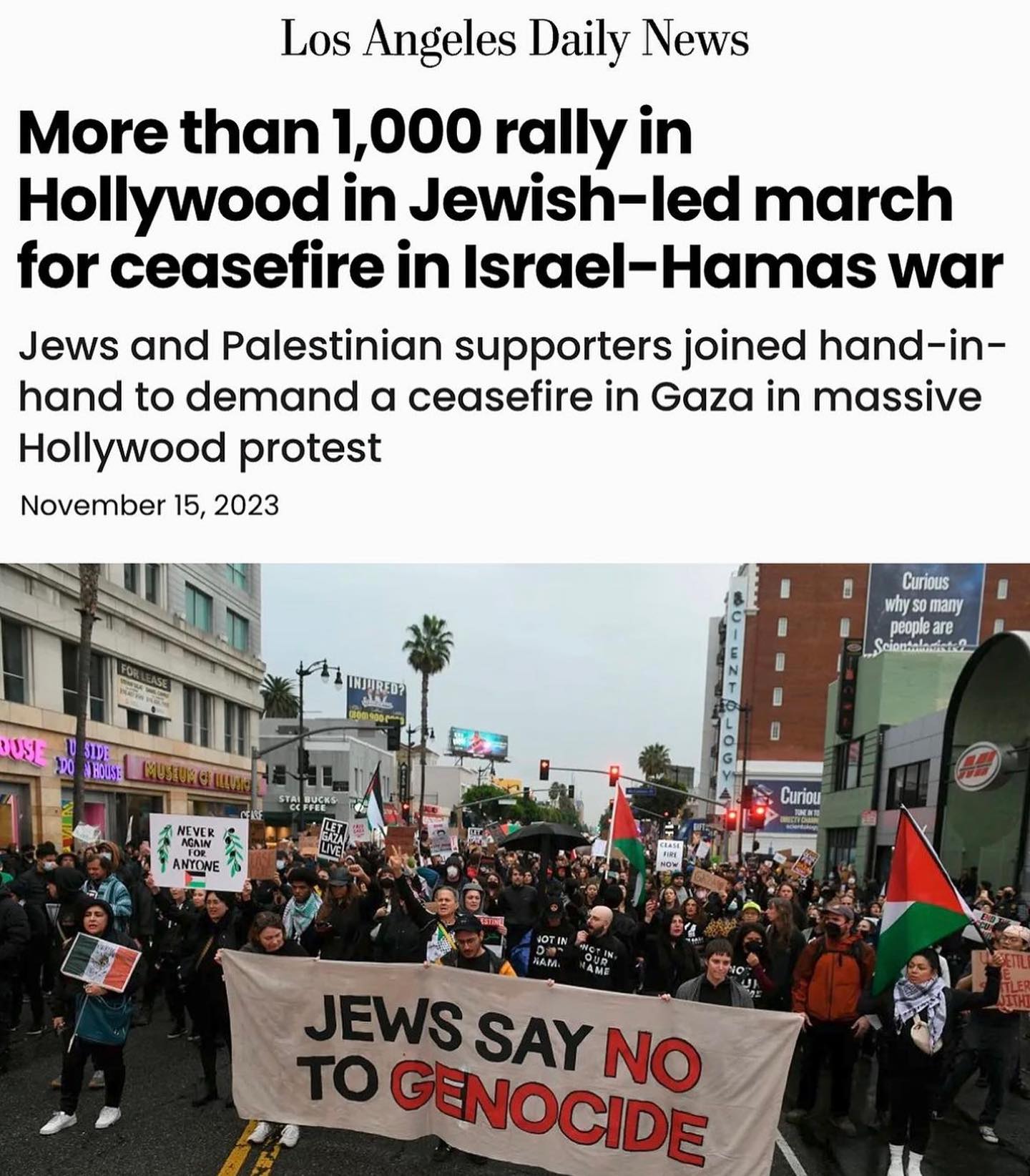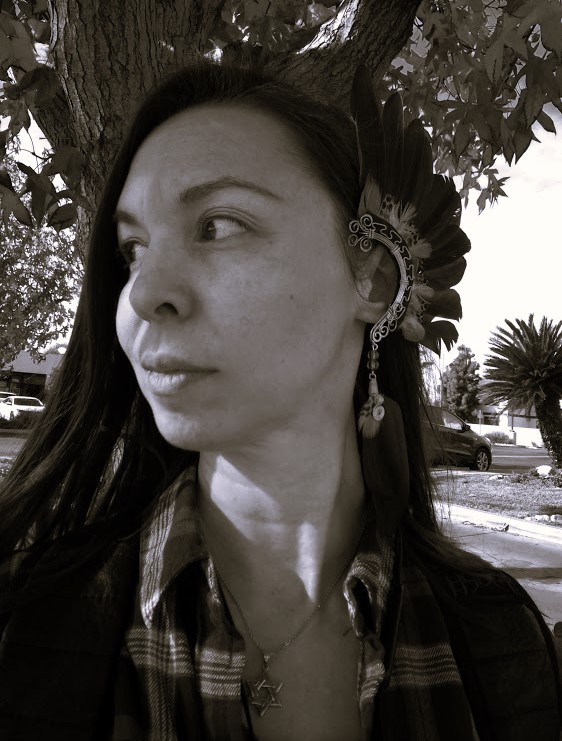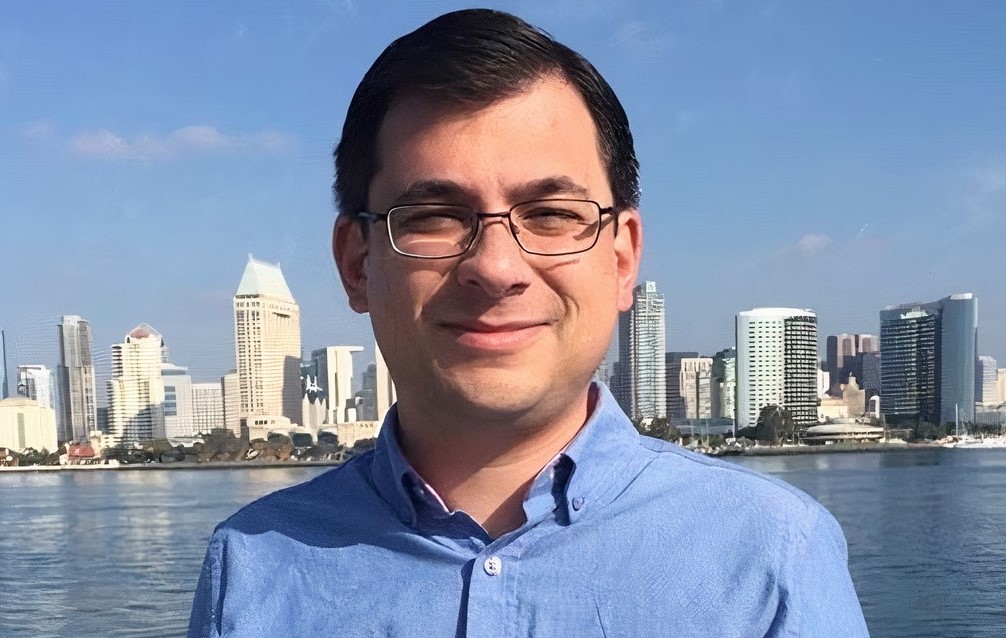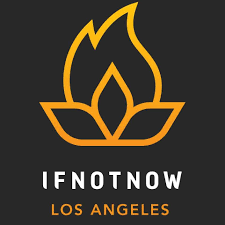“Let’s Try What Love Can Do…”
William Penn
Since Valentine’s Day is coming up soon, I thought I’d talk
about love. Not the romantic kind, though I see nothing wrong with romance. But
what I’d like to talk about this morning is the love that motivates me and
others like me to be advocates for peace and justice. The Christian tradition
distinguishes between three kinds of love: eros (erotic love), filia
(friendship) and agape (spiritual love). Agape is what motivates us to make
sacrifices for those we care about. As Jesus says in the Gospel of John, the
greatest kind of love is laying down our lives for our friends. Jesus also
tells us to love our enemies. This isn’t easy, but it isn’t impossible and ultimately,
it’s the approach that works best. Dr.
King explains that “loving your enemy” doesn’t mean having warm and fuzzy
feelings towards a Ku Klux Klanman or white supremacists, it means treating
them as you’d like to be treated, with respect and with as much as kindness as
you can muster. Such an approach can change hearts and minds and turn an enemy
into a friend. It’s difficult but not impossible. And there’s lots of evidence
that it works.
When I first became a Quaker in the 1980s, I was fearful
that Reagan was leading us into a nuclear confrontation with the Soviet Union.
I didn’t know what to do until I met a Quaker woman named Janet Riley who was
reaching out to the Russians and trying to create understanding through a joint
book project. I became involved with this project and got to know and befriend
Russians and it changed my life. When we went to the Soviet Union, we carried
postcards which had a quote from William Penn in Russian and English that said:
“Let us try what love can do.” We were part of the citizen diplomacy movement
that encouraged Gorbachev and Reagan to meet and seek ways to reduce the threat
of nuclear war. And these efforts were successful. The Cold War ended without
bloodshed, and a process was put in place that reduced nuclear weapon
stockpiles by over 50%.
After 9/11, I also felt fearful. I was afraid that we were
be led into a world-wide war against terrorism that would have dire
consequences both at home and abroad. As I prayed, a phrase from the Gospel
came to me: “Perfect love drives out fear” (1 John 4:18). I took this to heart
and was led to reach out to my Muslim neighbors and get to know them. Little by
little I was led into the interfaith peace movement and to groups like
ICUJP. I feel that the interfaith peace
movement has had a significant impact and is being tested once again.
After the brutal attack of Oct 7 and its horrific aftermath,
I asked myself the question: How do I put my Christian commitment to love and
my Quaker commitment to peace into practice? And how do we respond collectively
as peace makers? I think that the first step is empathy. Take time to reflect
and pray for the victims of war who have lost their lives, their homes, and
their hopes for the future. We can also pray for the perpetrators and enablers
of violence who have lost their humanity by dehumanizing others. We can pray
that our leaders and leaders on both sides of the conflict in Israel/Palestine
will take off their blinders and see that violence only begets more violence.
As we pray, we may be led to take further action since, as James says, “faith
without works is dead” (James 2:26). Here are some actions that I recommend:
1) We can let our elected officials know that we want a
ceasefire and de-escalation of violence so that humanitarian aid can flow into
Gaza and alleviate the suffering, and so both sides can begin to negotiate a
just and humane solution to this conflict. I recommend going to the website of
the Friends Committee on National Legislation: fcnl.org.
2) We can take part in a interfaith prayer vigil like the one
that takes place every Monday from 5:00-7:00 pm in front of Rep. Judy Chu’s
office (at 527 S. Lake near Ten Thousand Villages). We are calling for a
ceasefire and an end to the occupation. This vigil is being organized by a
grassroots collective that includes Pasadena Mennonites, All Saints Episcopal,
Jewish Voice for Peace, So Cal Islamic Center, PCC Anti-War Club, and others.
Our gathering always ends with a powerful prayer.
3) We can join an Interfaith Study Group like the on that
meets monthly here in Pasadena, sponsored by the Islamic Center of Southern
California, the Pasadena Jewish Temple, and All Saints Church. On Jan. 21 I
attended a session called “Bearing Witness Through Compassionate Listening.”
Two skilled facilitators from New Ground—a Muslim woman and a rabbi—led us
through a compassionate listening exercise that enabled us to share our
feelings about what’s happening in Israel/Palestine so that we could build
trust and understanding.
4) We can reach out to our Jewish and Muslim neighbors and
friends and be compassionate listeners. Many are experiencing grief, fear,
anger, and despair, and they need to know that we care.
5) We can reach out to our Muslim neighbors during Ramadan. I
am helping to plan event at the First United Methodist Church of Pasadena,
where a group of Muslims gather for worship each Friday. We plan to have a time
of fellowship and an iftar together sometime in March.
These are just a few ways that we can put our faith and
love into action during these challenging times. I’m confident that we at ICUJP
will continue to find ways to be instruments of healing, justice and peace.
